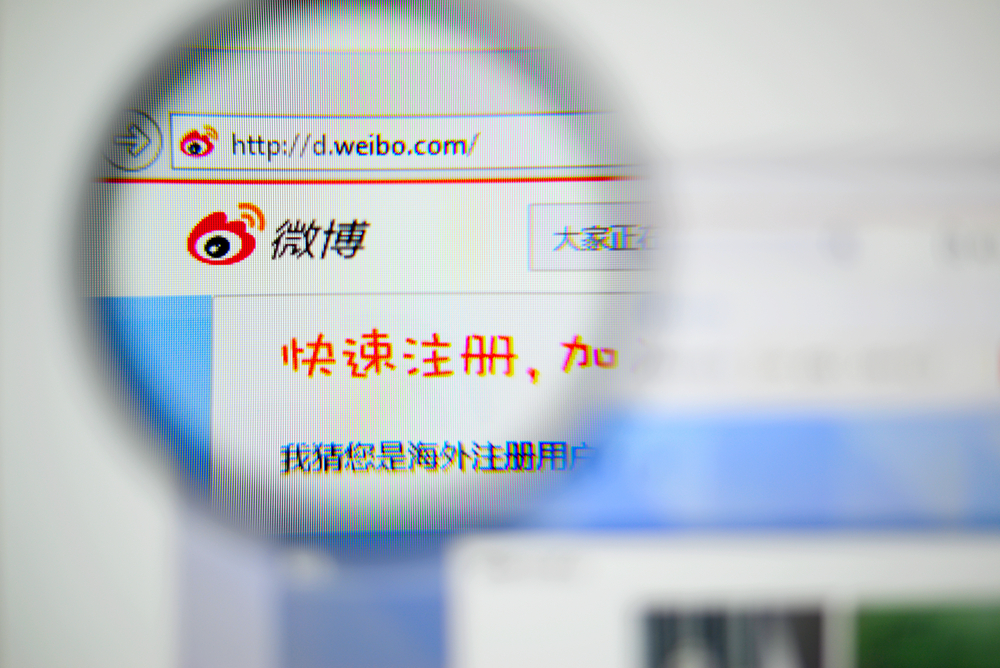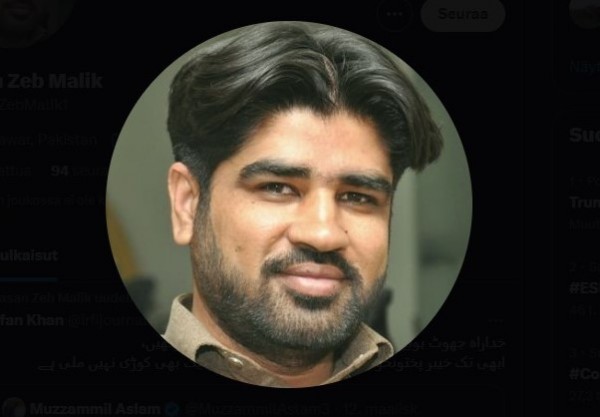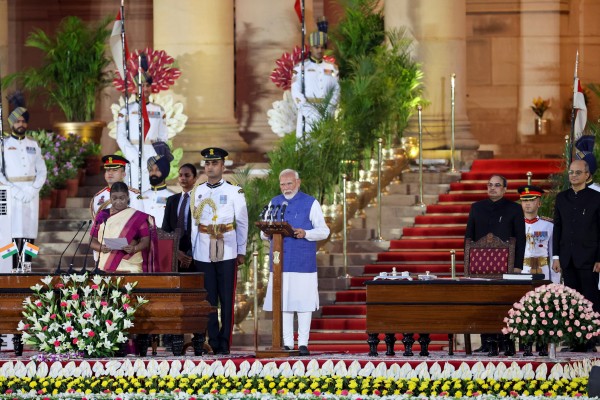Wu Xiaobo, a prominent Chinese financial and business journalist, has been banned from the Chinese social media app Weibo. The IPI global network condemns this most recent action to censor the Chinese press as well as the government’s long-standing restrictions on the free flow of information.
On Tuesday, June 27, a banner appeared on Wu’s Weibo page, which has 4.7 million followers, stating that the account “is currently in a banned state due to violation of relevant laws and regulations”. All content posted on the page after April 2022 had apparently been deleted.
Weibo, a microblogging website similar to Twitter, is one of the most widely used social media platforms in China, and has been a constant target for censorship by the Chinese government, which worries about the platform’s ability to influence public opinion.
Content moderators at Weibo said on Monday that three accounts had been banned due to “spreading smears against the development of the securities market” and “hyping up the unemployment rate”.
Wu is a regular columnist for the Chinese financial magazine Caixin, and is well known for his reporting on the Chinese economy, which has struggled to recover in the wake of the Covid-19 pandemic and the Chinese government’s strict “Zero-Covid” policy, which ended late last year.
Much of Wu’s commentary has focused on China’s declining birthrate and youth unemployment. Most recently, Wu compared the state of the Chinese economy to the Great Depression, writing, “the huge army of the unemployed is likely to become a fuse that ignites the powder keg”.
Last June, several of Wu’s accounts on different social media platforms were temporarily suspended.
China has long been one of the world’s most restrictive media environments, and is home to some of the toughest online censorship systems, known as the “Great Firewall”. Online censorship has intensified under the administration of President Xi Jinping, who has stepped up content moderation and added to an ever-growing list of “sensitive words” not allowed on the internet.
“The Chinese public has a right to know what is going on inside their country,” said IPI Director of Advocacy Amy Brouillette. “Censorship of critical voices and restrictions on the free flow of information is unacceptable. Journalists like Wu Xiaobo must be allowed to communicate freely without fear of censorship or suppression.”



